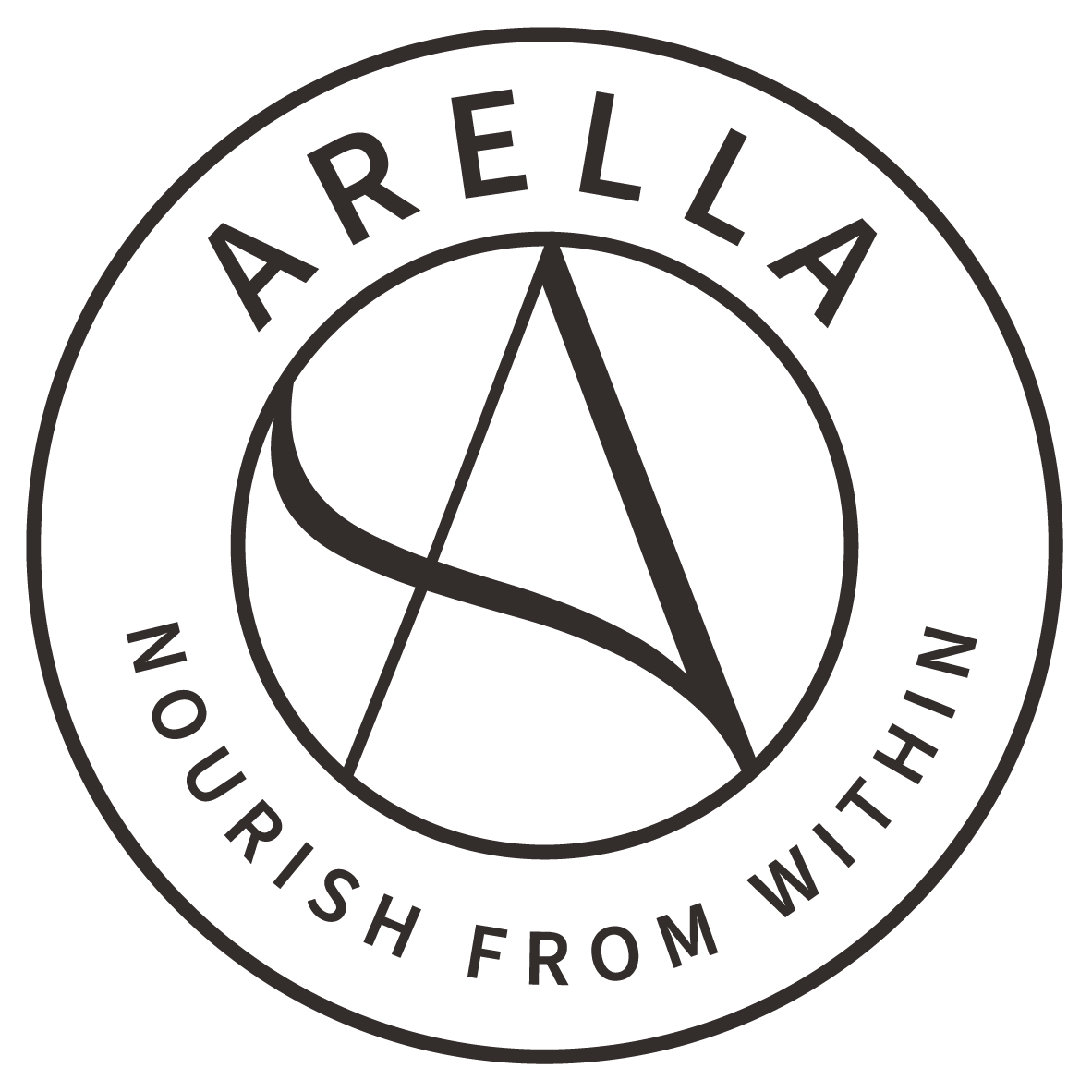
Retinol vs collagen—it’s the unanswerable question as you scroll through every skincare website, and you just can’t decide. You Google ‘collagen vs. retinol for skin’ but leave with more questions than answers. And if that wasn’t enough, hyaluronic acid enters the conversation. Frozen by indecision, you throw your phone on the sofa and try to find a skincare product another day.
In this article, we explain the benefits of retinol and collagen for skin care and which one you should choose. We’ve also included a sneak peek into the benefits of hyaluronic acid for your skin. So, stay tuned and keep reading until the end for the ultimate answer.
What is retinol?

Retinol, also known as vitamin A, is made into a soluble form for skincare products. Its primary function is to increase cellular turnover. Skin cells renew about once a month, but this changes as you age. It lengthens to two months in your 30s and 40s and can take almost three months after 50. So, it’s beneficial to add retinol to your skincare routine.
What is collagen?
Collagen is a crucial protein made of amino acids and vitamin C. Your body produces collagen in cells called fibroblasts to build muscles, ligaments, bones, tendons, arteries and skin cells.
Read more: How to Boost Your Amino Acids for Collagen.
The role of collagen is to give your cells elasticity and strength. For example, it creates robust, flexible artery walls for healthy blood circulation and stretchy tendons to reduce joint pain. The same principle applies when it comes to your skin. Unfortunately, collagen declines with age, but you can learn how to naturally increase collagen production.
Read more: How To Know When To Start Taking Collagen.
Collagen vs retinol for skin

Now you understand the role of collagen and retinol, it’s time to see which is best for your skin. In this next section, we take a look at the benefits of both.
Retinol benefits for the skin

Understanding how retinol benefits your body is interesting, but we know you’re looking for something else. And that is - what does retinol do for the skin?
- Minimises fine lines and wrinkles - As you age, cells lose elasticity, causing the skin to sink into natural creases. These become pronounced if you have dry and old skin cells. Retinol speeds up cell turnover to shed these cells and minimise fine lines.
- May reduce acne - Although retinol is primarily marketed for anti-ageing, a 2017 study shows it’s effective at reducing inflammatory acne. This is because retinol is excellent at soothing irritated cells to tackle angry, red pimples.

- Speeds up wound healing - If you have acne scars, retinol is a must. The rapid cell rejuvenation aids in fading scars, marks and pigmentation. And if you experience a nasty spot, the healing effects of retinol can speed up recovery.
- Exfoliates skin - Because retinol sparks faster cell turnover, it works as a gentle exfoliator. This sheds dull, old cells for a radiant shimmer.
Read more: 5 Reasons Why You Need Retinol in Liquid Collagen.
Collagen benefits for the skin

The benefits of collagen are plentiful, but what does collagen do for the skin? Well, as it turns out, quite a lot.
- Smoothes out fine lines and wrinkles - Like retinol, collagen decreases wrinkles. But, it doesn’t shed old cells that enhance the appearance of lines. Instead, it has a tightening effect, pulling the skin taut to reduce creases. 80% of participants taking our collagen supplement saw a reduction of wrinkles in just 4 weeks.

- Strengthens your derma barrier - The derma barrier is the outer layer of skin cells that protects your face from external factors. For example, sun, pollution and moisture-sapping air which can cause deep lines, acne and dryness. Collagen keeps your barrier strong to defend against the elements for healthier skin.
- Calms acne and sensitive skin - Similarly to retinol, collagen is an excellent anti-inflammatory. It reduces swollen cells that appear as pimples and redness for a glossy and smooth complexion.
Can you use both retinol and collagen together?
Short answer: yes. You can absolutely use retinol and collagen together. They have different properties and are very beneficial for you. Plenty of products combine both, or you may prefer to use collagen and retinol separately.
How to use retinol and collagen

You can use collagen and retinol for skin in various ways. In this section, we’ll run through the two that are most common: face serums and supplements. Continue reading to see which one is best.
Collagen serum vs retinol serum
When you dive into collagen vs retinol for your face, serums are one of the first products you’ll come across. Serums are lightweight solutions that you smooth onto your skin after cleansing. But do they work?
Retinol serums

A 2006 study concluded that retinol serums are an effective treatment to reduce wrinkles. However, the downside is that they can be incredibly irritating, especially for sensitive skin. Retinol comes in various strengths (starting around 0.2%) but you must build up the potency and how often you use it.
Collagen serums
Collagen serums contain larger molecules that don’t absorb as well as retinol. But this doesn’t mean they’re ineffective. The serums usually contain hydrolysed collagen, also known as collagen peptides (a type of amino acid). Peptides have a low molecular weight, allowing for better absorption to tighten and lift skin.
Collagen supplements vs retinol supplements

If serums aren’t your cup of tea, you may start looking into supplements. But just like skincare products, there are thousands to choose from. Do they actually work? And, if they do, which ones should you take?
Retinol supplements
Retinol supplements are simply vitamin A supplements. They come in tablets, capsules, and liquid form. They’re a fantastic option if you have a vitamin A deficiency, which can cause slow wound healing and excessive acne.
However, many vitamin A supplements contain fillers, or the dose is too low to make a difference. So, if you want to take retinol in supplement form, ensure it’s high-quality and isn’t packed with fillers.
Collagen supplements

There are different types of collagen supplements, including bovine, marine and vegan. Despite what many companies imply, animal and fish collagen is not the same as human collagen. That means your body absorbs some, but not all, of the product.
Our collagen supplement is 100% vegan and contains VeCollal®. This plant-based ingredient provides the exact amino acids your body needs to synthesise collagen. And you can see the results. In an independent study, Arella collagen increases collagen production by a whopping 134%.
Read more: 5 Powerful Ways Liquid Collagen Revitalises Your Skin.
Collagen vs retinol: which is better?

If you’ve read this far, you may be slumped in your chair thinking, ‘They both have benefits. But that still doesn’t tell me which one to choose!’ So, here’s a quick roundup of retinol vs collagen.
When to choose collagen for skin

Collagen's elasticating properties make it the best choice for reducing fine lines and wrinkles, as it slows premature ageing. It also builds a healthy skin barrier to prevent dryness and is beneficial for calming acne.
Its ability to stimulate blood circulation also means it increases oxygen to the skin’s surface for a youthful glow. But applying it as a serum won’t be the most potent method, and you’re better off taking a supplement.
When to choose retinol for skin

Retinol doesn’t strengthen or bounce up skin cells. However, it enhances cell rejuvenation, healing scars, and reducing the appearence of fine lines and wrinkles. Its exfoliation properties also shed dry, dull skin to restore a lacklustre complexion. But what’s really interesting is that better cell turnover from retinol can stimulate better collagen production.
Retinol vs hyaluronic acid vs collagen

We couldn’t let you go without addressing another dominant ingredient in the skincare world - hyaluronic acid. Choosing between retinol, collagen, or hyaluronic acid can create even more confusion. So, here’s a quick rundown of hyaluronic acid and why it could be for you.
What is hyaluronic acid?
Hyaluronic acid is a clear, odourless substance that you naturally produce. It’s slippery and gel-like, lubricating the eyes and joints and contributing to skin health.
Hyaluronic acid benefits for the skin

The best way to decide if you need hyaluronic acid is by breaking down its benefits. So, here are a few reasons why you should use hyaluronic acid.
- Moisturises and hydrates - As you age, your skin struggles to retain moisture, causing dry skin. This creates redness, flaky patches, pimples and premature ageing. Hyaluronic acid is a humectant, drawing water molecules from the air and into your skin for a refreshing glow.
- Plumps up wrinkles and fine lines - Lack of moisture makes fine lines and wrinkles more pronounced because the skin sinks into crevices. Hyaluronic acid rehydrates the skin, plumping cells with water for reduced facial lines.
Read more: 7 Unique Benefits of Hyaluronic Acid to Reduce Wrinkles.

- Protects your skin barrier - Your skin endures a lot throughout the day, and your derma barrier protects it. But when the barrier is compromised, skin becomes dull and dry. Hyaluronic acid helps you retain moisture, keeping your barrier hydrated and strong throughout the day.
Hyaluronic acid vs collagen vs retinol for skincare: which should you choose?

Hyaluronic acid’s primary function is to hydrate and protect. Retinol is best for an even, glowing skin texture, and collagen radically reduces signs of premature ageing. But ultimately, what you use depends on your needs and preferences.
You may prefer to focus on just one skincare ingredient. Or, maybe you’d like all three but don’t want a complicated beauty and wellness regime. If that’s the case, then we have the answer…
Arella Beauty’s liquid collagen with retinol and hyaluronic acid

Retinol and collagen are vital for glowing skin because they have different roles to play. But why should you have to compromise by picking one or the other? Arella Beauty collagen has a blend of retinol and hyaluronic acid for plumped-up, dewy and youthful-looking skin. Order our Vegan Liquid Collagen Supplement today.
Read next:
- The Truth About Ginseng For Your Skin
- 5 Powerful Ways Liquid Collagen Revitalises Your Skin
- 5 Breakthrough Ways to Treat Acne With Liquid Collagen





